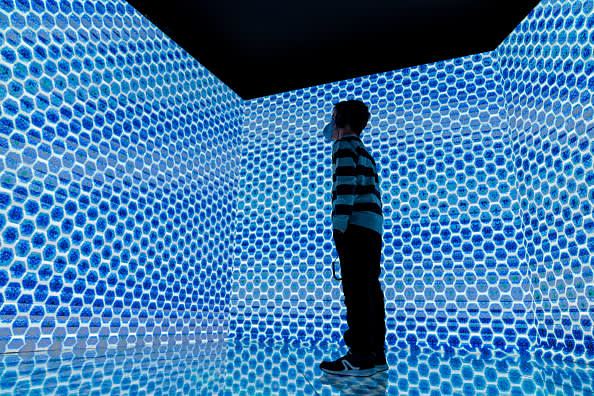If you’re feeling anxious or stressed, there may be an option you never considered. New medical research suggests Botox may help improve your mental health.
Researchers at the University of California San Diego analyzed a Food and Drug Administration database of nearly 40,000 patients and found that anxiety levels among people who had Botox were 20 to 70% lower.
The study included those who used the drug for cosmetic purposes to smooth out wrinkles and those who got Botox to treat migraines.
“Botox effects on mental health have really come into the forefront as really a positive side effect of the cosmetic treatments,” said Dr. Michael Reilly, a facial plastic and reconstructive surgeon at Medstar Georgetown University Hospital in D.C.
We're making it easier for you to find stories that matter with our new newsletter — The 4Front. Sign up here and get news that is important for you to your inbox.
The reason behind the mental health boost isn’t entirely clear, but doctors think it has to do with our facial expressions and the part of our brain that processes emotions.
Reilly said he’s seen the benefits of Botox firsthand.
“When you can't furrow your brow or show the emotions of concern or fear or panic, there is likely a calming effect on the nerve pathways that feed back to your brain that then allow you to actually not feel that emotion quite as much,” he said.
But it’s only a temporary fix.
“You're probably only going to have the effect of the Botox for as long as the Botox is functional, which is generally about three months,” Reilly said.
The UC San Diego research team published a separate study showing patients with Botox also reported feeling less depressed, compared to others who were undergoing different treatments for the same condition.
Some say the science could change the way we treat mental health disorders and how these types of cosmetic treatments are covered by health insurance.
“I think it's going to change the lens through which a lot of us look at Botox and how people respond to it,” Reilly said.
Researchers say more clinical trials are needed to determine the best site and dosage to administer Botox specifically for anxiety.



